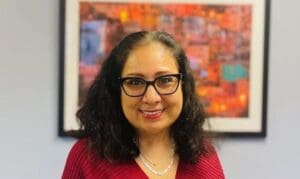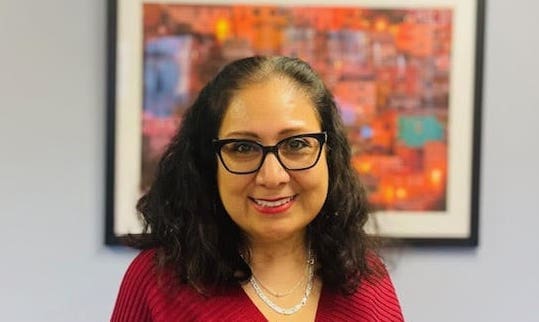
How do we protect our democracy and the future of our students as participants in it?
In contemplating the preservation of democracy and the role of our students as future participants, a profound question arises: are we safeguarding democracy for our benefit or to bestow it upon the next generation? This inquiry gains significance in light of a concerning trend: a growing distrust among our youth towards the government. This skepticism first emerges within the educational sphere, a space meant to mirror the principles of governance and democracy. Unfortunately, the faith placed in this system has waned, casting shadows of doubt over its effectiveness and integrity. As educators, the onus falls upon us to mend these fractures and restore trust, ensuring democracy’s survival hinges on our approach to education—encouraging open debate over rigid memorization and fostering an environment where voices can be heard and respected.
In an era dominated by social media, our students are bombarded with an overwhelming influx of information, far surpassing what traditional educational methods offer. This discrepancy highlights a stagnation within our educational frameworks, unwilling to evolve despite the changing landscapes outside classroom walls. The status quo, therefore, signals to our students a reluctance to embrace change, further alienating them. The global connectivity afforded by the internet and social media subjects our youth to a barrage of worldwide events in real-time, exemplified by the stark images of the January 6 insurrection, illustrating the fragile state of our democracy.
Addressing this crisis requires rebuilding trust, a task that extends beyond the classroom to involve students’ homes and communities in meaningful collaboration. A decade ago, a natural partnership existed between educators and families, a bond strengthened by mutual trust and a shared commitment to education. However, this relationship has deteriorated, particularly in the post-pandemic era, as virtual classrooms exposed the limitations and biases of our educational system, further eroding trust.
Moreover, the relevance of structures like the Electoral College is questioned by our youth, who perceive it as diminishing the value of their voice and vote, thereby dimming their view of democracy. The disconnect between government officials and the younger generation exacerbates this trust deficit, emphasizing the urgent need for deeper conversation and collaboration.
In response, our immediate goal should be to reforge these broken connections, actively seeking to integrate students’ familial and community environments into the educational process. By doing so, we can begin to reconstruct the trust that once formed the bedrock of our educational system. This endeavor not only serves to protect democracy but also prepares our students to become informed, engaged, and responsible participants in its ongoing evolution.
——————————
Would you like to respond to an equity, policy and leadership prompt that reflects a compelling issue affecting education today?
If you are a school or district education leader that would like to be invited as a contributor to The Stories We Tell, please send an email to tiana@voice4equity.com and a prompt related to equity, policy and leadership may be sent to you to respond to for future newsletters. Your voice matters! Voice4Equity retains all publishing and editing authority, and does guarantee publication.

